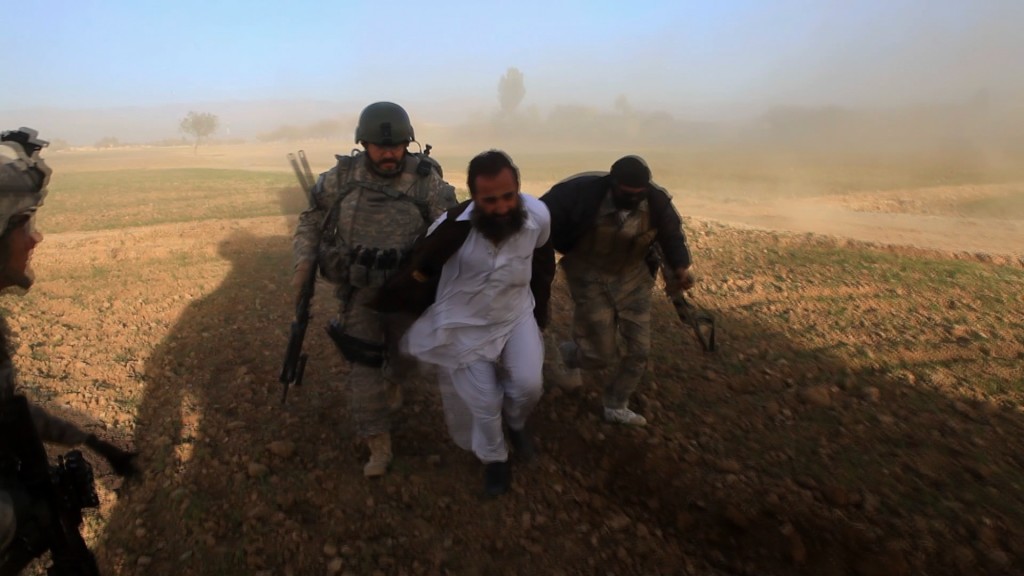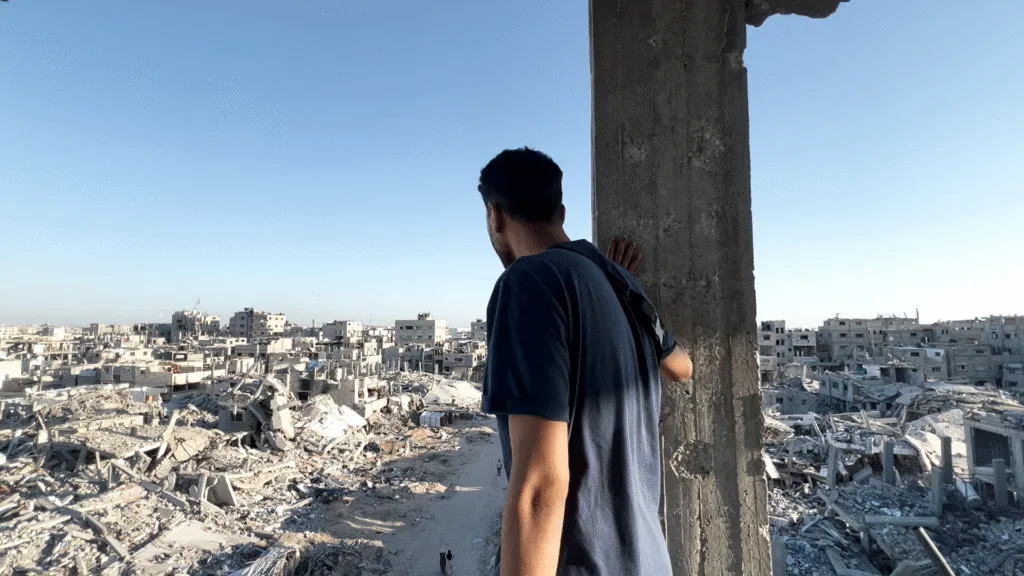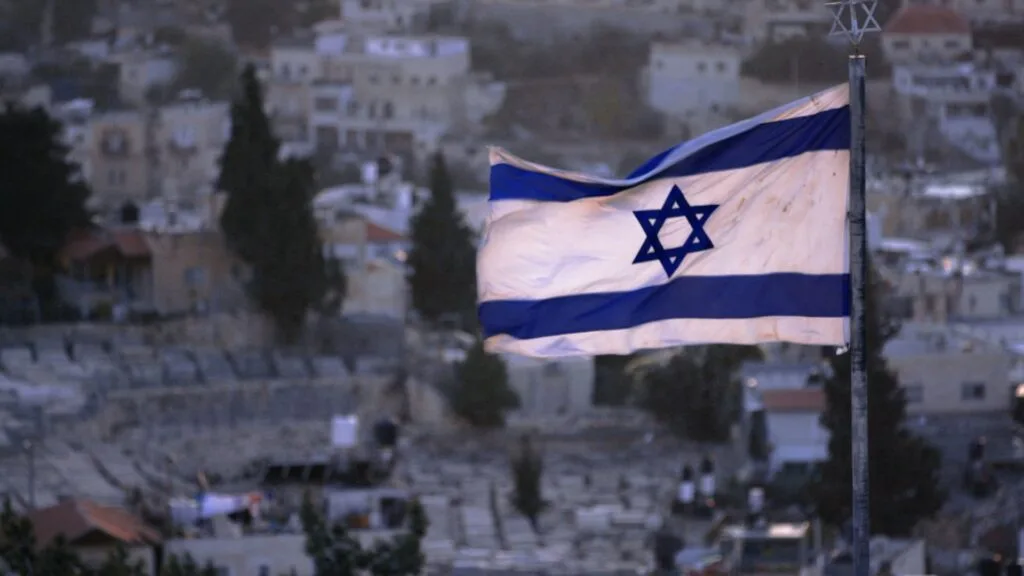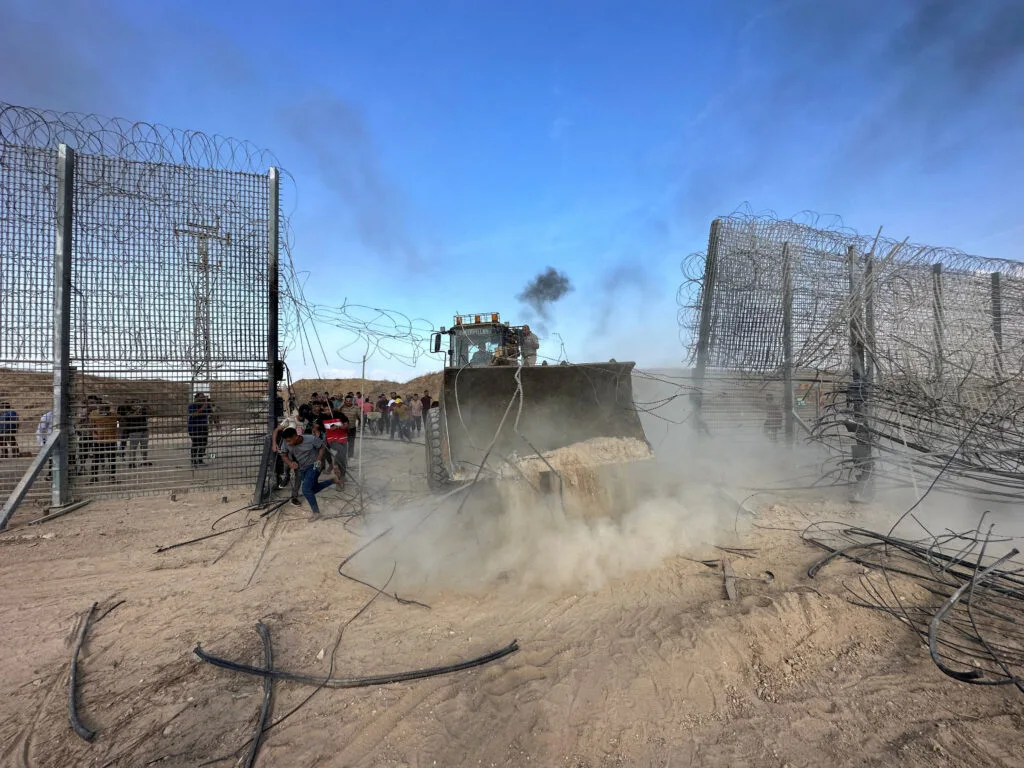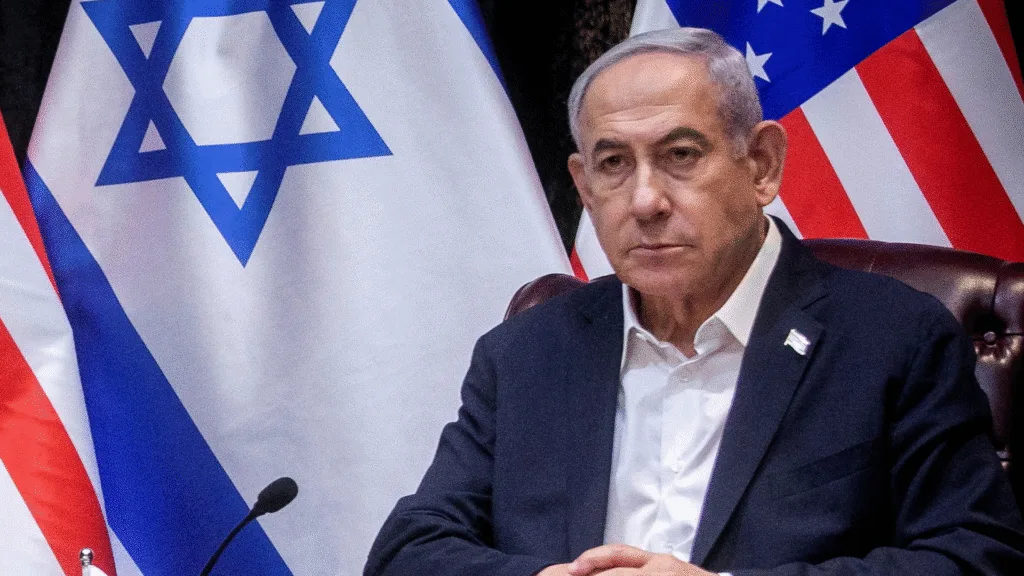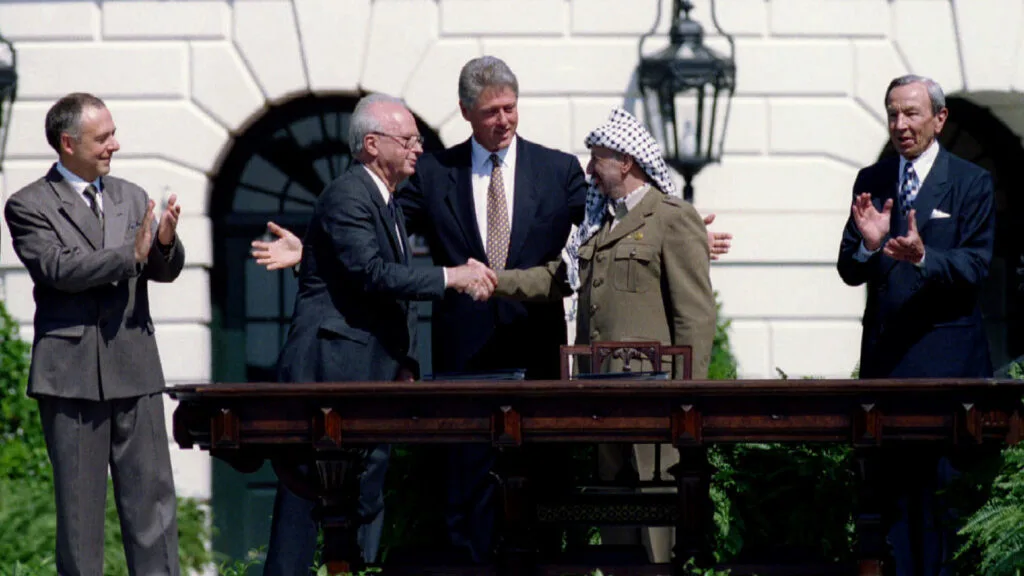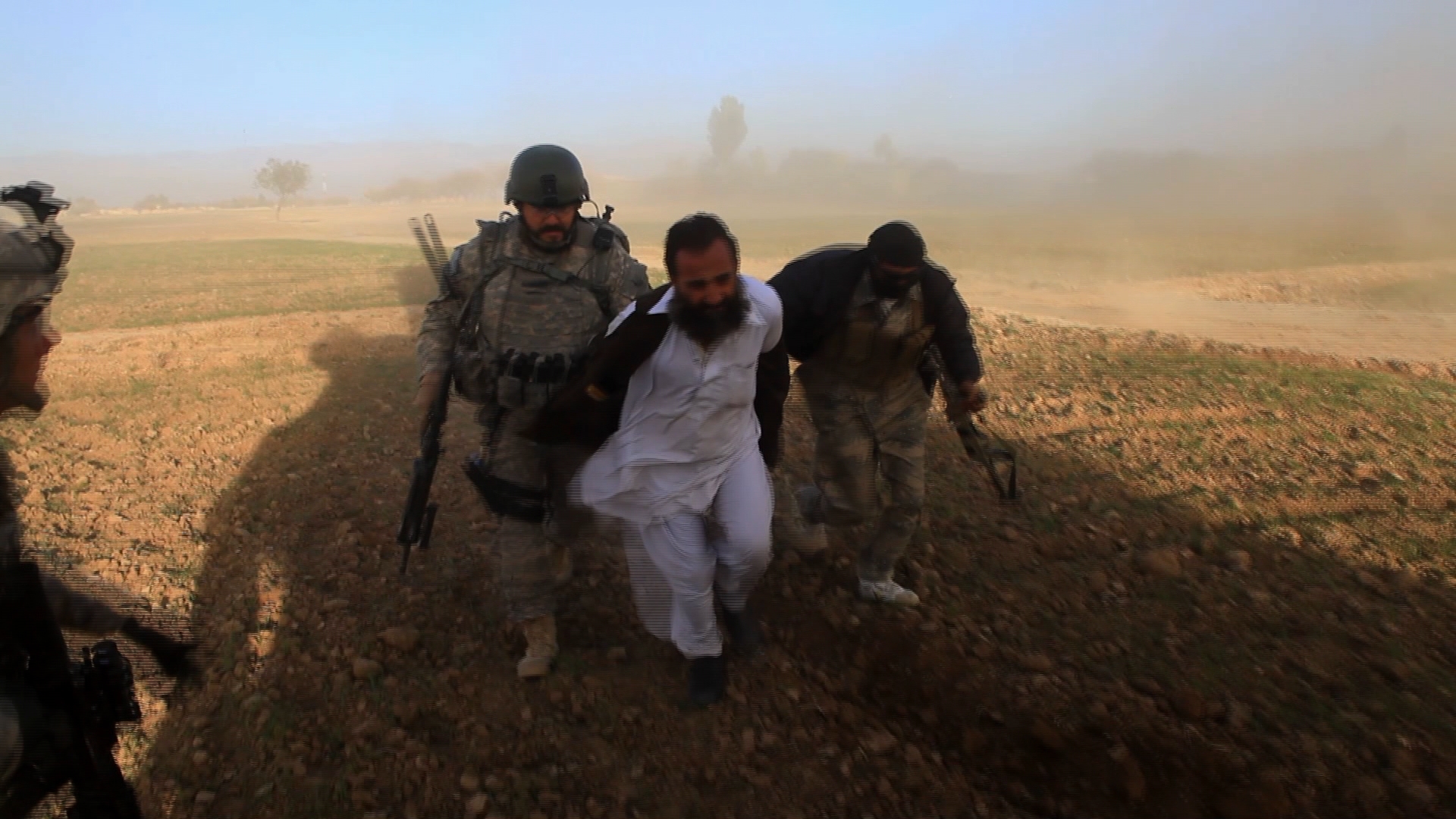After Massacre, U.S. Offers Afghanistan Concessions on Night Raids
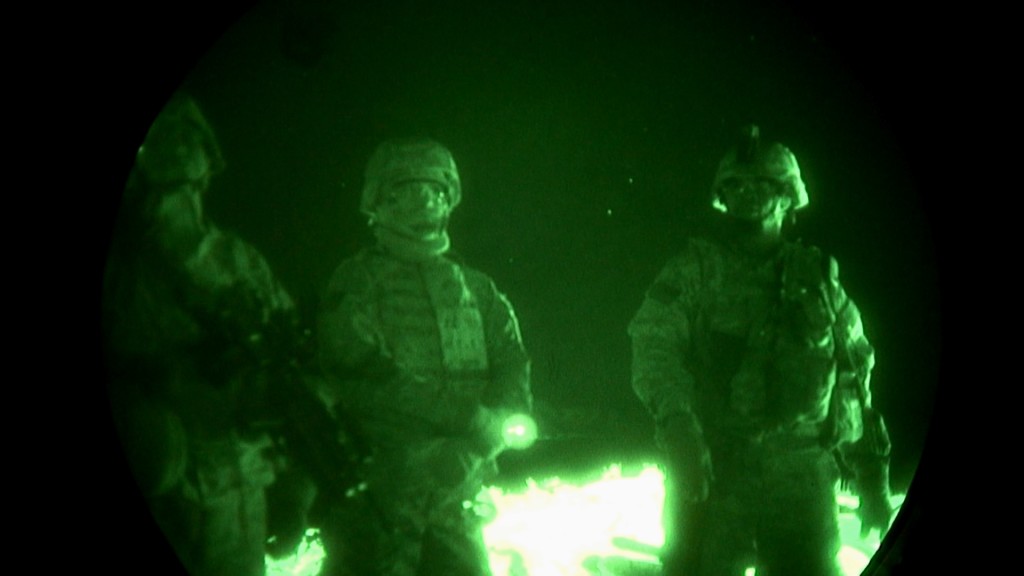
March 20, 2012
Share
In the wake of the March 11 bloody shooting rampage allegedly carried out by Army Staff Sgt. Robert Bales, the U.S. has found itself in a vulnerable position as it attempts to negotiate a strategic-partnership agreement with the Afghan government.
Now, according to The Wall Street Journal, the Obama administration is offering to give Kabul greater control over night raids — the controversial signature tactic of the U.S.-led kill/capture campaign in the country.
The most significant concession would be allowing Afghan judges to review evidence, and possibly even require warrants, ahead of the raids, during which U.S. and Afghan forces search private residences for suspected insurgents.
Though the U.S. military touts the operations as the most effective means of putting pressure on the Taliban with the fewest civilian casualties, Afghan President Hamid Karzai has repeatedly called for their end, describing them as an affront on the sanctity of Afghan homes and warning that they further fuel the insurgency. In recent years, botched raids and harrowing accounts from Afghan citizens have sparked protests and strained relations between the two countries.
American officials said that the two countries had been close to reaching an agreement on night raids before the March 11 massacre of 16 civilians in Panjwai district, but as one senior official told the Journal, “The threshold for agreements with Karzai may have gone way up.”
The U.S. military itself has acknowledged night raids’ political liability. In a March 2010 directive, then-ISAF commander Stanley McChrystal wrote that night raids can leave Afghans feeling “deeply violated and dishonored, making winning their support that much more difficult.” And the military has issued revised guidelines for night raids designed to safeguard civilians and address Afghan grievances.
But a report [PDF] released last September by the Open Society Foundations found that although the raids had become more precise due to the new rules and better intelligence, the reforms had “done little to alter Afghan opposition to night raids.”
After the shooting spree in Panjwai earlier this month, during which 16 civilians, including nine children, were killed in their homes, residents told Al Jazeera English that the Afghans “showed no resistance” during the attack because they were accustomed to night raids.
“We have learned that our houses will be searched at night, and we just cooperate,” one resident said.
Related Documentaries
Latest Documentaries
Related Stories
Related Stories
Explore
Policies
Teacher Center
Funding for FRONTLINE is provided through the support of PBS viewers and by the Corporation for Public Broadcasting, with major support from Ford Foundation. Additional funding is provided the Abrams Foundation, Park Foundation, John D. and Catherine T. MacArthur Foundation, Heising-Simons Foundation, and the FRONTLINE Trust, with major support from Jon and Jo Ann Hagler on behalf of the Jon L. Hagler Foundation, and additional support from Koo and Patricia Yuen. FRONTLINE is a registered trademark of WGBH Educational Foundation. Web Site Copyright ©1995-2025 WGBH Educational Foundation. PBS is a 501(c)(3) not-for-profit organization.
